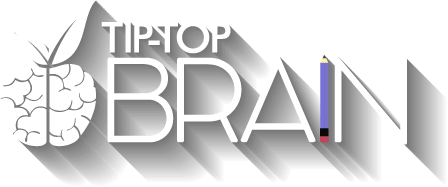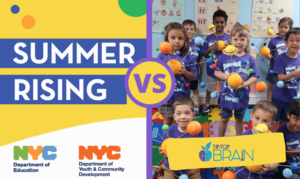Perhaps you’ve heard the term “IEP,” short for an individualized education plan. You may even be vaguely aware of support services some students with an individualized education plan receive like special education or speech therapy. Few of us ever learn much more than this about the educational support certain students may qualify for. The support and accommodations students with an IEP receive can be quite significant and instrumental in their academic experience. Luckily, there are plenty of digital resources and forums for diving deep into IEP specifics and advice. Below, we’ll cover some fundamentals you may be wondering about here.
What is an IEP?
An IEP, or “Individualized Education Plan,” is a resource bank for certain students with delayed skills or learning disabilities. The services are provided to eligible students at no cost to families. Access to individualized education plans was made a facet of the Individuals with Disabilities Act, in an effort to increase parental involvement in developing plans for their child’s academic success. The IEP outlines goals for a student throughout the academic year, and specifies any support they’ll need to reach them. The individualized education plan is developed by a team of professionals, but is designed to include the parents’ input as well. Great as the services individualized education plans offer, who is eligible to access them?
Does my child need an IEP?
As having a diagnosed disability is a requirement for an individualized education plan, whether or not your child needs an IEP is likely dependent on their disability status. So, how do you know if your child’s academic struggles are being caused by a disability? Of course, the signs laid out below are not intended to diagnose a learning disability. If you’re concerned about your students performance in school, the circumstances below are common of students with undiagnosed learning disabilities.
There’s a History Here
A long-standing history of difficulty in school or a specific classroom subject could be indicative of a learning disability. Sudden or recent trouble in school is certainly worth addressing but doesn’t suggest a continual and consistent obstacle. That said, sometimes children receive a learning disability diagnosis later in their educational journey, as the curriculum becomes more demanding. It’s advantageous to maintain your own copies of academic documents, whether they be progress reports or report cards.
The Teacher is Out of Tricks
Teachers work diligently to provide the opportunity for growth and learning for their students. Further, teachers acknowledge that students’ needs vary greatly, and for some students, teachers will run through bags full of tricks before they find an instructional method that clicks. If you know that the teacher has tried different interventions and nothing seems to help, that could be an indication of an underlying disability.
Processed By Elimination
There are no shortages of potential roadblocks for young students. Between social happenings, familial life, and academic work, there’s plenty of room for conflict and distraction for students. Any slew of issues could be impacting your child’s motivation, concentration, or confidence. Once you feel as though you’ve eliminated all the most common suspects for the difficulty in class, you might want to consider whether a learning disability could be the underlying reason.
Unfortunately, the IEP process can be rather complex, and initially timely. However, if your student is struggling with keeping up academically due to their disability, an IEP can be a lifeline. That said, an IEP isn’t necessarily sufficient support, and seeking additional support, like the tutors at Tip-Top Brain who are experienced in meeting the needs of students with IEPs, is always beneficial. If you think a disability may be the cause of your child’s school challenges, talk with your child’s teacher about your concerns. You can make a request in writing to the school for a special education evaluation to begin the process towards testing.







